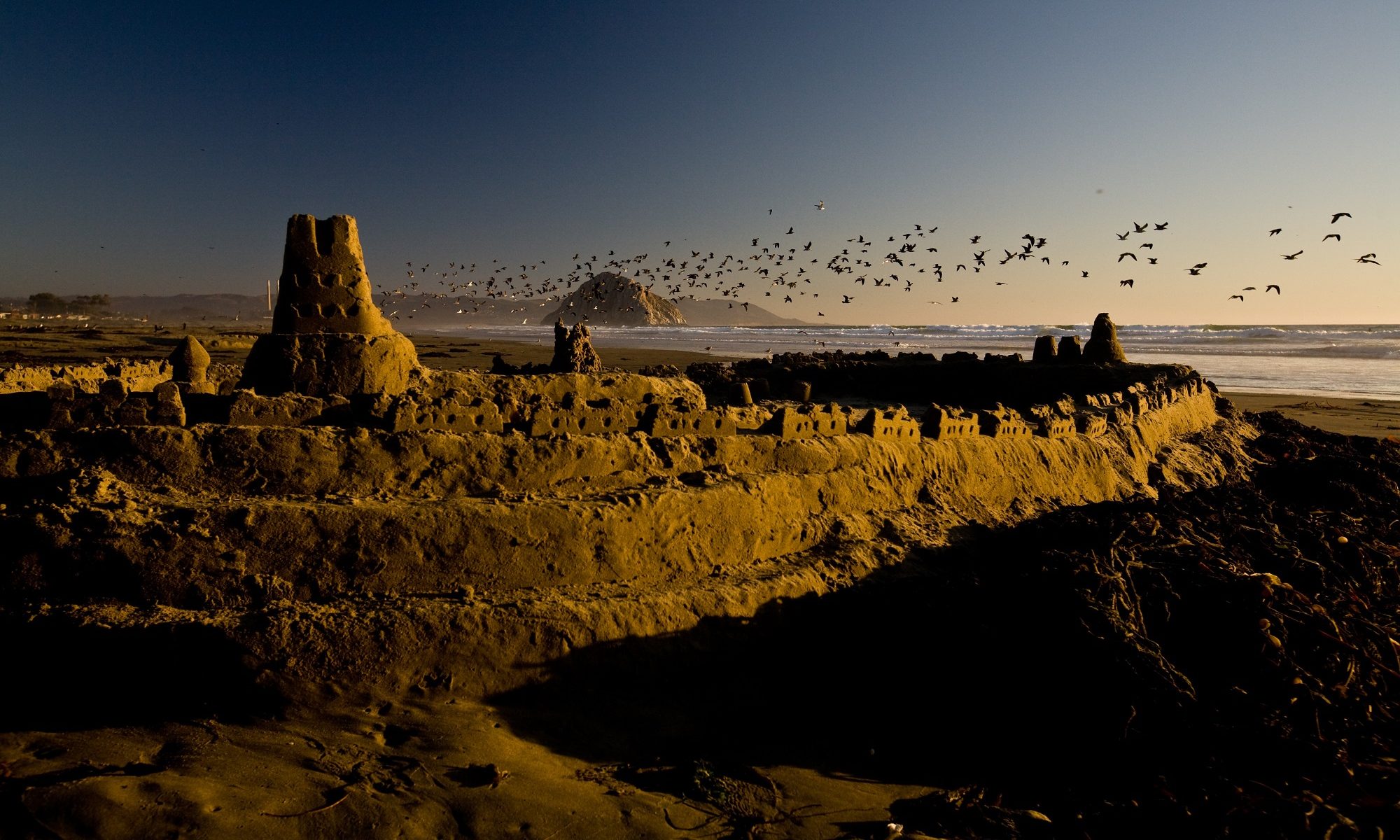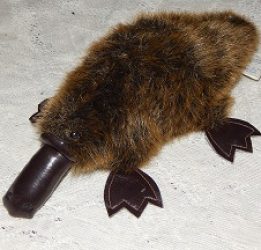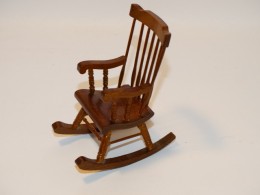This is what the pain of losing a sister feels like, my mind explores it like it were some odd creature, this lump of loss that sits in my chest like a whole hard-boiled egg.
Several years ago, my sister contacted me through an old neighbor we had when we were kids.
We exchanged a few e-mails and then, finally, the point to her reaching out to me after so many years came to light.
I had cut contact with the family in 1988. It had not been an easy decision but I had come to realize that the only way I was going to be able to end the multi-generational cycle of abuse was to cut contact with the toxic family I had been born into.
It was a pain that I had not expected, it was not a decision I had wanted. It was much worse than when my parents had divorced when I was 6.
After trying for years to set boundaries, decades of trying to understand when other kids love their moms why did I hate mine, of trying endlessly to be respected in even the slightest of ways, that I finally understood that it was not me.
At the age of 24, I left quietly, no fanfare, no announcements. I simply stopped existing in their world. I moved to a different city and erased as much of my trail as I could, much easier before the Internet.
With the support of a therapist and my husband, I managed to take my first teetering footsteps into a new life that I had never even known was possible.
Almost 15 years would pass before my sister, three years younger than me, would reach out and ask why.
She said she had joined an Overeaters Anonymous group and that one of the steps to her healing was to understand the past and why I had left. She asked the questions that could cause me the greatest anguish: What happened? Why did you leave?
She did not know then, nor probably will she ever know, the great pain I felt leaving her behind. I had no way to take her with me. I learned a new term: survivor guilt. How odd to feel guilty for surviving. As much as I had made the decision to leave the family, she had made the decision to stay, and there was nothing I could do except to be there in case she needed me.
It was clear that she still had contact with our mother, that they were very close and anything I told my sister would be repeated to my mother. I did not want my family to know how much I remembered because my hope was that if I stayed silent, they would keep their distance.
I swallowed hard and began to write and re-write, going against the code of silence I had adopted to protect her from what she didn’t know.
It turned into a 15-page letter that touched only the very tip of the iceberg of what had happened.
After she was born, I did all I could to put myself between her and the abusive hands, at the same time resenting that she could smile and laugh while I hurt so bad that many times I thought it would kill me. Such is the love of a sister. I wanted just one thing in my life to be untouched by the horror. I was able to do enough that she was able to let it fade away.
I was not so lucky. My memories came back in such strength and in such detail that there was no doubt what had been done to me. I now know what caused almost all of the scars I carry, both inside and out.
When my sister received the letter, she thanked me for taking the time to help her.
Her next message was that my letter had made her need to see her therapist. I laughed rather bitterly at that, I had not touched more than the tip of the iceberg, and she couldn’t handle it.
Her next message was to be burned into my memory: “I’m sorry you had such a rough childhood, mine was just fine.”
My heart bled with her words. Her arrogance, her lack of caring, and her absolute absence of empathy were obvious. But the part that hurt the most and at the same time showed I had done my job well in protecting her from the abuse was that she actually believed and does to this day, that her childhood was just fine.
Burned into my memory next to her words is the memory of when my father and I reunited very briefly and he showed me pictures that had been taken of my baby sister and three-year-old me, and he didn’t think anything of it. As soon as I saw the pictures, I knew what they were. I had already recovered memories of being used for these kind of pictures.
I asked my father where he was when the pictures were taken. He said he was there, that he had not posed the pictures, and aren’t they sweet? Such nice pictures of you girls. I had a horrible chill when he said that. It was then that I truly understood for the first time the deep well of sickness that is in both sides of the family. My mother was the one posing us in the pictures.
After deciding that her childhood had been “fine” and there was nothing to accept, my sister delivered another blow. She had a second agenda for contacting me. The family had not been able to locate me or to learn about my life. Her mission was to get me to open up to her and share.
When I refused to tell her my exact location and if/how many kids I had, she delivered the ultimatum that if I didn’t share the information and show I trusted her that she would cut contact forever.
And she did.
She will never know how much I protected her, how much I love her.
This is what it feels like to lose a sister.
A footnote: The Internet has stolen a person’s right and ability to disappear, there are no provisions for those who do not want to be found. We have reached an age where information is there for anyone to reach out for it and there are no protections in place for those who choose to leave toxic situations. There need to be.
My mother and father, through the use of the Internet, recently found me. I did not reply to their letters. They have never asked for forgiveness. I will never go back, I know what freedom tastes like. I know what it is like to actually be able to love and be loved. I finally know what it is like to be touched without scars being left behind.
There is an honor to be found in walking away and my hope is that others will learn that, too.
Copyright 2017 A. Barnes | All Rights Reserved.


